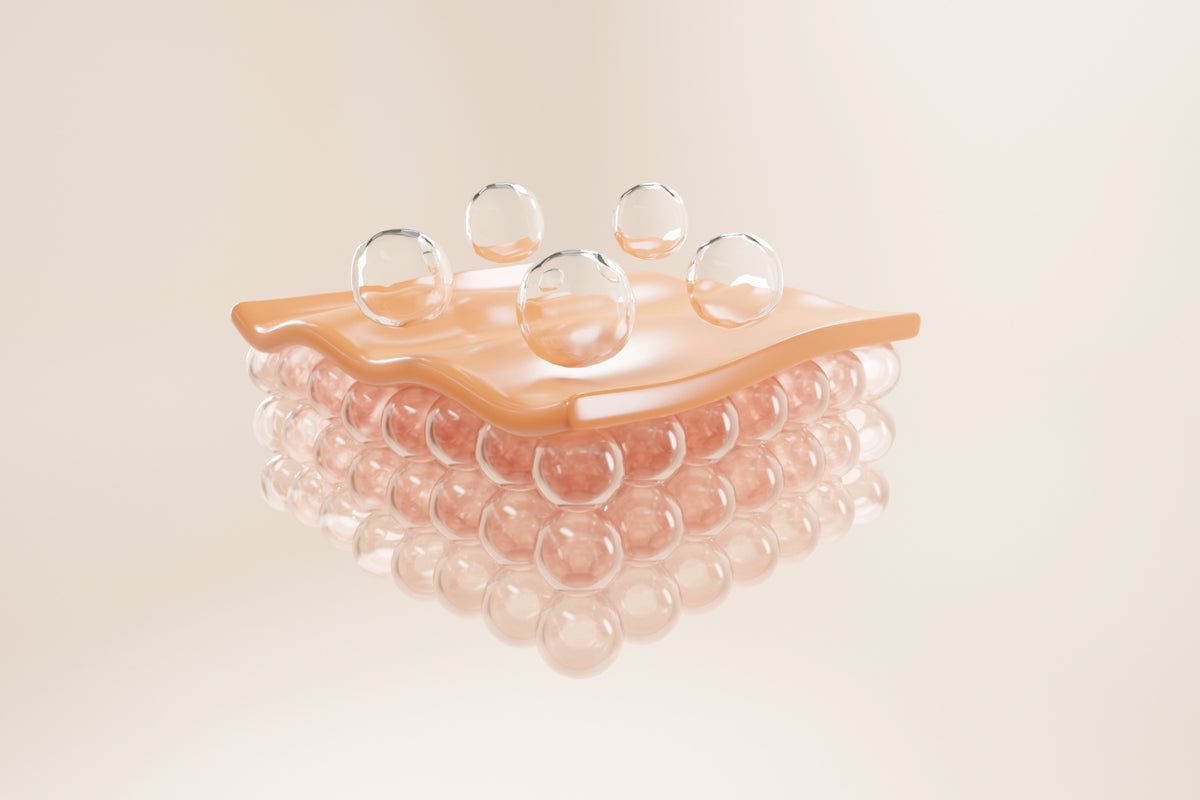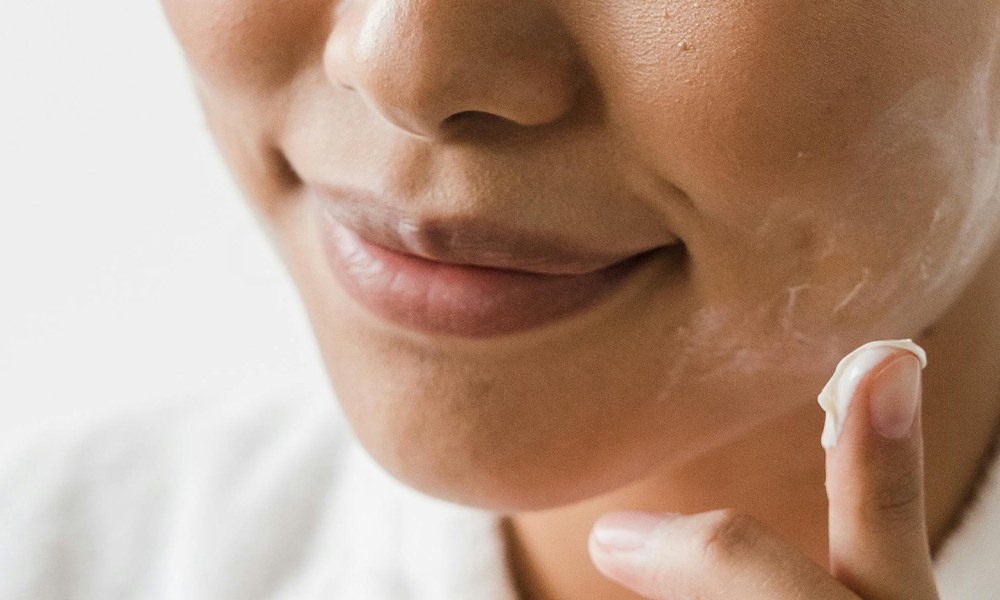With an array of “age-defying” skin care products to choose from, Retin-A has emerged as the gold standard for skin improvement. Approved by the FDA for cosmetic use in the 1970’s, Retin-A has proven to be something of a miracle treatment for fine lines, wrinkles, and sun damage—no matter what your age.
At The Skin Center we believe that it’s never too late for Retin-A. Here’s why:
As we age, cellular turnover slows down. We lose elastin and collagen which are essential for the skin’s renewal process. Cumulative sun exposure accelerates the signs of aging, causing an increase in fine lines, wrinkles, skin discoloration and rougher texture.

Retin-A contains the active ingredient, Tretinoin, a naturally occurring form of vitamin A. It works by speeding up the skin’s metabolism to promote cellular turnover. It increases the production of elastin, collagen, and hyaluronic acid, a natural moisturizer in the skin. The older we get, the more help we need to boost the skin’s cellular turnover rate. Retin-A answers that call. While it may take longer for skin of advanced age to reap the benefits seen in younger skin, you can still expect to experience Retin-A’s benefits.
Retin-A helps with the following conditions at any age:
-
- Fine Lines & Wrinkles: Increased collagen relaxes expression lines, reduces wrinkles, and prevents collagen breakdown.
- Sun-Damage & Hyperpigmentation: Reduces light freckling and skin discoloration.
- Poor Skin Texture: Increased exfoliation removes dead surface cells and stimulates new skin growth, resulting in a smoother texture.
- Acne: Controls breakouts. Dislocates blackheads. Blockages are brought to the surface and removed during cleansing.
- Prep for Other Procedures: This is commonly used to prepare skin for laser skin resurfacing and other anti-aging medical spa treatments.

Not all Retin-A products are created equal.
Retin-A is available in different strengths; prescription strength Retin-A outperforms over-the-counter products found at most drugstores. Retin-A use increases sun sensitivity and may be more effective when not exposed to UV light. Therefore, Retin-A should be applied only at night. And since our cells naturally reproduce while we sleep, your skin’s metabolism will get a jump-start with overnight use.
Advanced age is not a reason to avoid Retin-A. But pregnancy is. And while minor side effects are common, they are usually mild and will subside within six to eight weeks of use. They may include redness, slight flaking or discoloration of the skin. When using Retin-A, you should use quality but gentle cleansers and moisturizers and avoid harsh, abrasive products.
